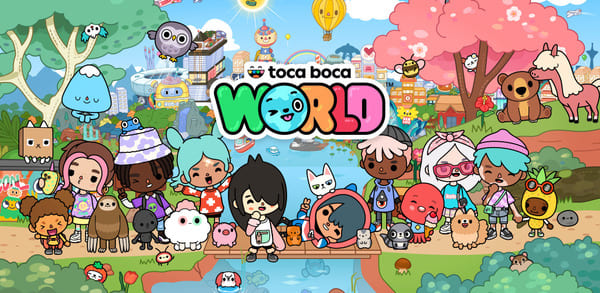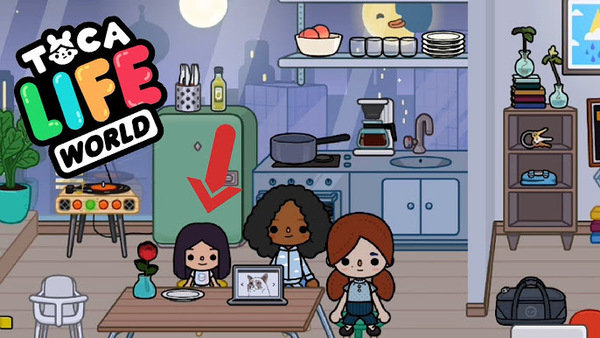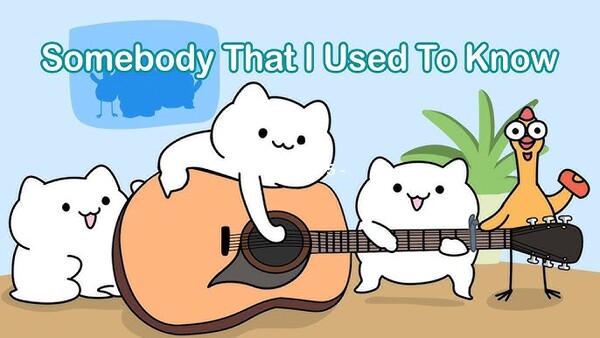Advertisement
Popular Now
Introduction
In the ever-evolving landscape of mobile gaming, Toca Boca has carved a unique niche by focusing on imaginative play and open-ended exploration. Its titles, particularly popular among children, emphasize creativity and storytelling without the pressure of competitive gameplay. However, the introduction of in-app purchases (IAPs) has sparked a debate among parents, educators, and gamers about their impact on the gameplay experience and the developmental implications for young players. This article delves deeply into the complexities surrounding in-app purchases in Toca Boca games, exploring the potential benefits and drawbacks they present.
The Evolution of Toca Boca: A Brief History
The Beginnings of Toca Boca
Toca Boca was founded in 2010, quickly establishing itself as a leader in children’s digital play. Their first release, Toca Tea Party, showcased their dedication to fostering creativity through interactive play. Over the years, the studio expanded its portfolio, introducing various themed apps that allow children to explore different scenarios, such as cooking, hairdressing, and city building.The Shift Towards In-App Purchases
Initially, Toca Boca apps were sold as one-time purchases, providing a complete experience for a fixed price. However, as the mobile gaming market grew, Toca Boca began integrating in-app purchases into their titles. This transition aimed to enhance the gaming experience by offering additional content, but it also raised questions about accessibility and the ethical implications of monetizing children's games.Understanding In-App Purchases
Types of In-App Purchases
In-app purchases in Toca Boca games generally fall into two categories: cosmetic items and gameplay-enhancing content. Cosmetic items include new outfits or decorations for characters and environments, allowing players to customize their experience. Gameplay-enhancing content might include new levels, themes, or activities that deepen engagement.The Psychological Impact of IAPs
The introduction of in-app purchases can create a sense of urgency among players, particularly children, who may feel compelled to spend money to unlock new features or content. This can lead to feelings of frustration if certain items are perceived as essential for a fulfilling gaming experience. Moreover, the transactional nature of IAPs can shift the focus from creative play to material acquisition.The Pros of In-App Purchases
Enhancing Creativity and Engagement
 One of the key arguments in favor of in-app purchases is that they can enhance the creative potential of Toca Boca games. By allowing players to purchase new items or features, the games can provide a more tailored experience that encourages exploration and experimentation.
One of the key arguments in favor of in-app purchases is that they can enhance the creative potential of Toca Boca games. By allowing players to purchase new items or features, the games can provide a more tailored experience that encourages exploration and experimentation.
Expanding Narrative Possibilities
In-app purchases can introduce new narrative possibilities within the game. For example, a new set of characters or environments can inspire players to create elaborate stories, enriching their imaginative play. This aligns with Toca Boca's mission to foster creativity and storytelling in children.Supporting Continuous Development
The revenue generated from in-app purchases allows Toca Boca to continue developing and improving their games. This financial model can lead to regular updates, new features, and a more dynamic gaming environment, ensuring that the content remains fresh and engaging for players.The Cons of In-App Purchases
Accessibility and Economic Disparities
One of the most significant drawbacks of in-app purchases is that they can create barriers to accessibility. Children from families with limited financial resources may find themselves at a disadvantage, unable to access the full range of content available in the game.Impact on Social Dynamics
In-app purchases can also affect social dynamics among young players. Children who can afford to purchase additional content may inadvertently create divisions based on economic status, leading to feelings of exclusion for those who cannot. This dynamic can foster negative emotions and impact friendships.Encouraging Materialism
The presence of in-app purchases can inadvertently encourage a culture of materialism among young players. By emphasizing the importance of acquiring new items, Toca Boca risks instilling values centered around consumerism rather than creativity and collaboration.Balancing Gameplay and Monetization
Finding the Right Price Point
 Toca Boca faces the challenge of finding a price point for in-app purchases that balances accessibility and profitability. Setting prices too high may alienate a portion of their audience, while prices that are too low might not generate sufficient revenue to support ongoing development.
Toca Boca faces the challenge of finding a price point for in-app purchases that balances accessibility and profitability. Setting prices too high may alienate a portion of their audience, while prices that are too low might not generate sufficient revenue to support ongoing development.


















